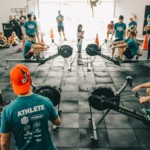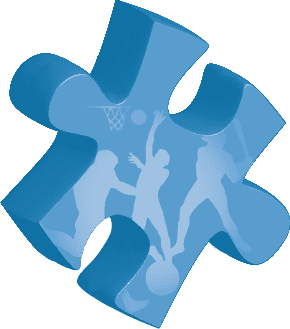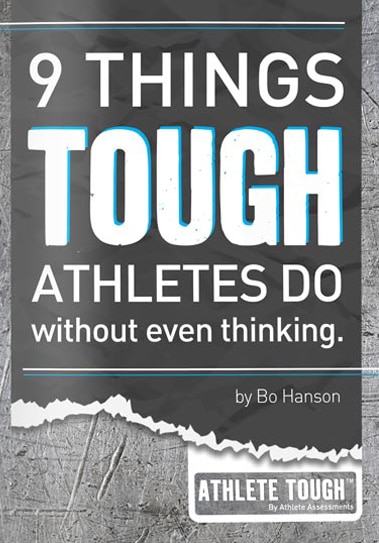By Mim Haigh, Sports Writer – Athlete Assessments
Training journals are more than a record of an athlete’s daily output, they’re a resource, an individual blueprint for improvement, mentally and physically. A training journal can provide the raw material to build a mental strategy. Effective mental strategies begin with a basic framework and develop into a sequence of thoughts that will take the individual athlete through a situation that’s challenging to a position where they can challenge the situation.
An honest account of each day’s sessions, on the field, in scheduled practice sessions, in the gym, reflections about their non-technical contribution or way team dynamics are expressing themselves, can form the basis of specific strategies. Writing is a kinesthetic activity that builds a connection or feeling to areas of development and enhances learning post practice. It can also be re-read to reconnect before the next practice.
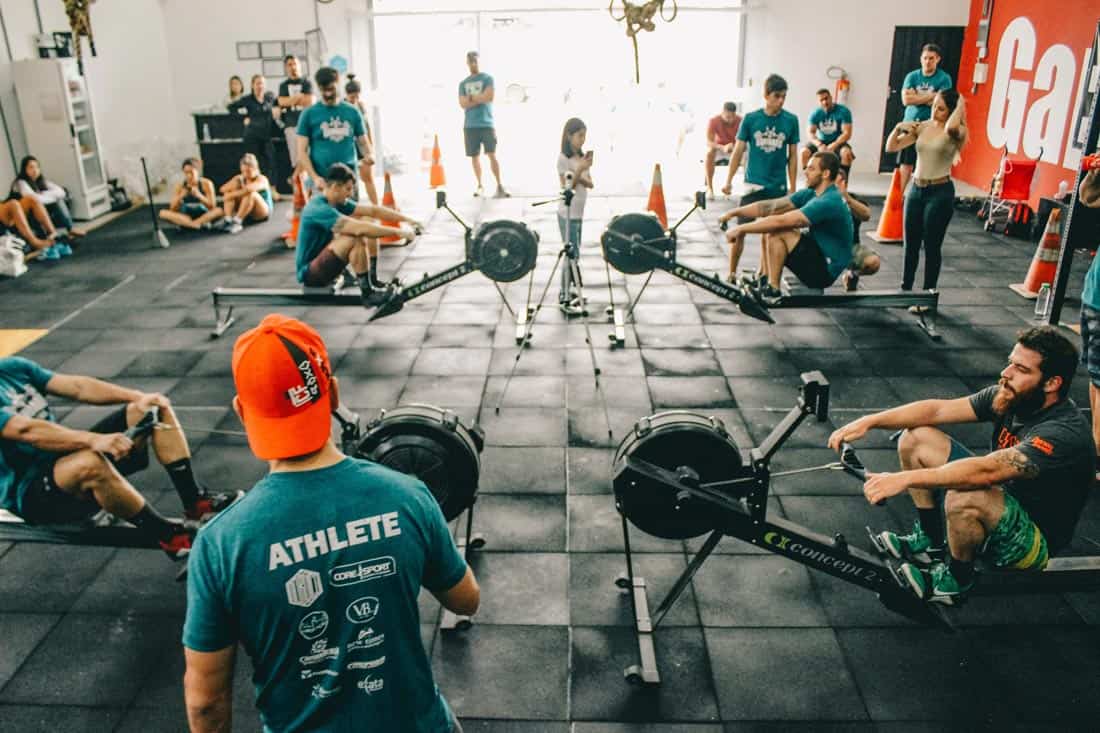
Author of Athlete Tough, Bo Hanson says, “one of the first activities we encourage athletes to do in the program is to start a training journal. The kind of things we like to see in a training journal include; the way an athlete feels about the session, any mental, physical or technical challenges they identify, things they want to improve on, things they were coached to improve on, strategies they tried and the values they lived on the team that practice.”
Importantly, a training journal can also chronical an athlete’s progress, be a written reminder of their successes and document important milestones. “I can read my 1991 Junior National Team journal which contained every session of that four month preparation. I wrote the workload and how the boat ‘felt’ and the technical calls that made a difference to our speed and feel. I noticed a pattern after these weeks of what we needed to focus on to produce a World Champ Silver Medal performance,” Hanson recalls.
“Later, as it did for me all of those years ago, a journal can form the raw material for a mental strategy. Conversely, hiding resistance and struggles or prejudging your teammates or coach’s reactions, results in harboring a weakness. If athletes do not judge themselves on journal entries, and make honest entries, then and only then, can they become a useful resource and begin to learn of their behaviors which create success and those that deliver poor results.”
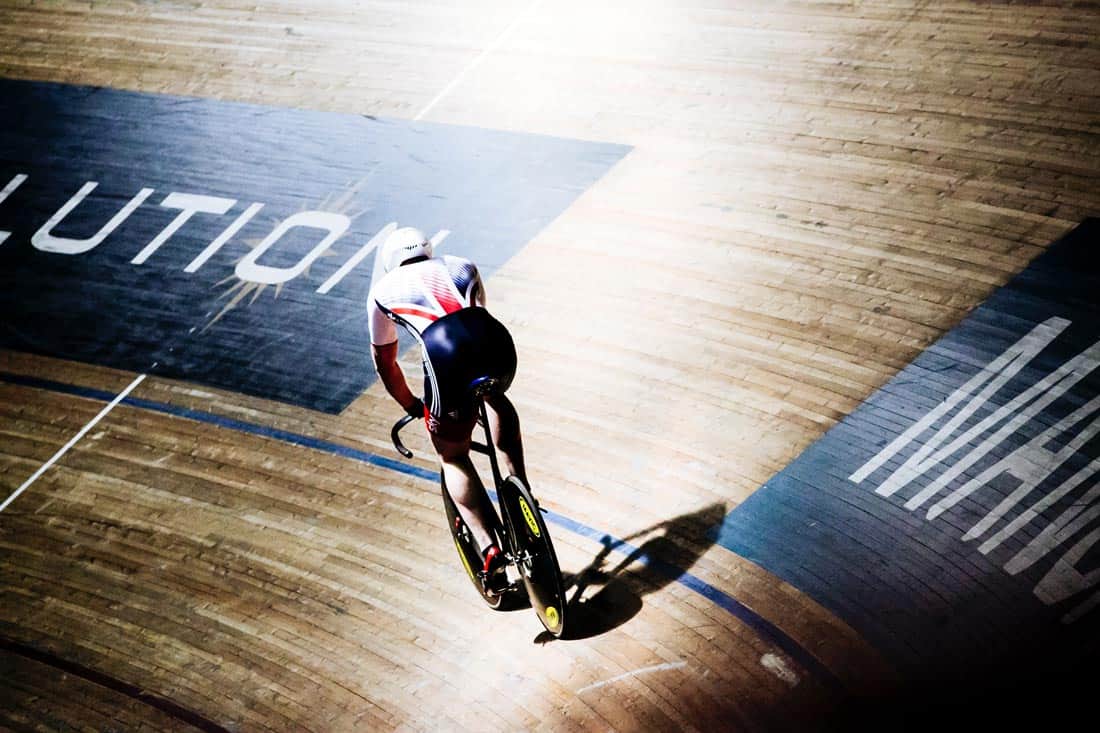
A training journal is also the place to express negative thoughts and concerns. If they are recorded, they can be addressed, the athlete can gather information and find out the facts surrounding their concerns. Of course a training journal is also the place to record physical responses and recovery to each session.
A training journal is not simply a replica of the program, it is of no use if it’s written to impress someone else, its content is what the athlete THINKS that someone else wants to hear .
Finally, a journal entry should take two minutes or less. As coaches, we must not make this an unpleasant experience an athlete hates to do. We also must model our own journal entry by reflecting on our coaching and the impact we are having.
Author of Athlete Tough, Bo Hanson, was constantly asked for his input into developing mental strategies for athletes so he developed the Athlete Tough workbook and video series in response. Chapter 1 of the Athlete Tough program asks athletes to keep a training journal. The 14 chapters that follow tackle topics like; Staying Tough Under Pressure, Bouncing Back, Mastering Accountability and Control and Influence, to name a few. Each chapter contains activities and reflective exercises that give athletes the opportunity to develop strategies around their mental approach ensuring they perform their best when it matters the most.
Where to from here?
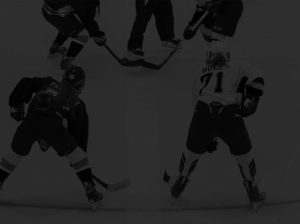
Inspiring Athlete Tough quotes
When things get tough or motivation is wavering, many people turn to a motivational quote for a burst of inspiration. We can also use inspirational
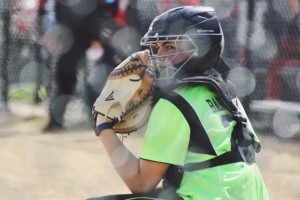
Mind Control
Getting yourself to shut down your brain and be ‘mindless’ isn’t always easy. Especially in those game defining moments, or when your team members are
